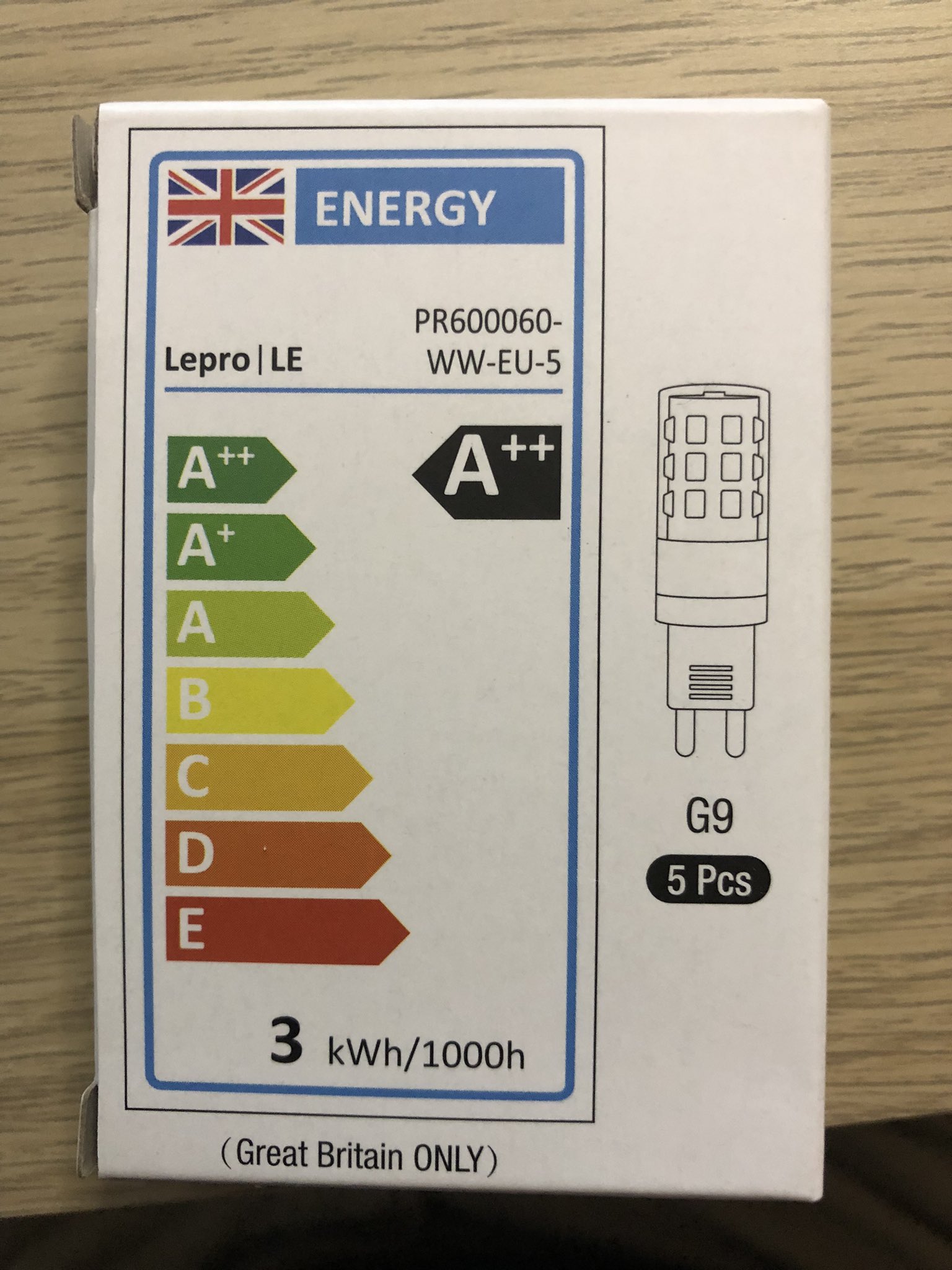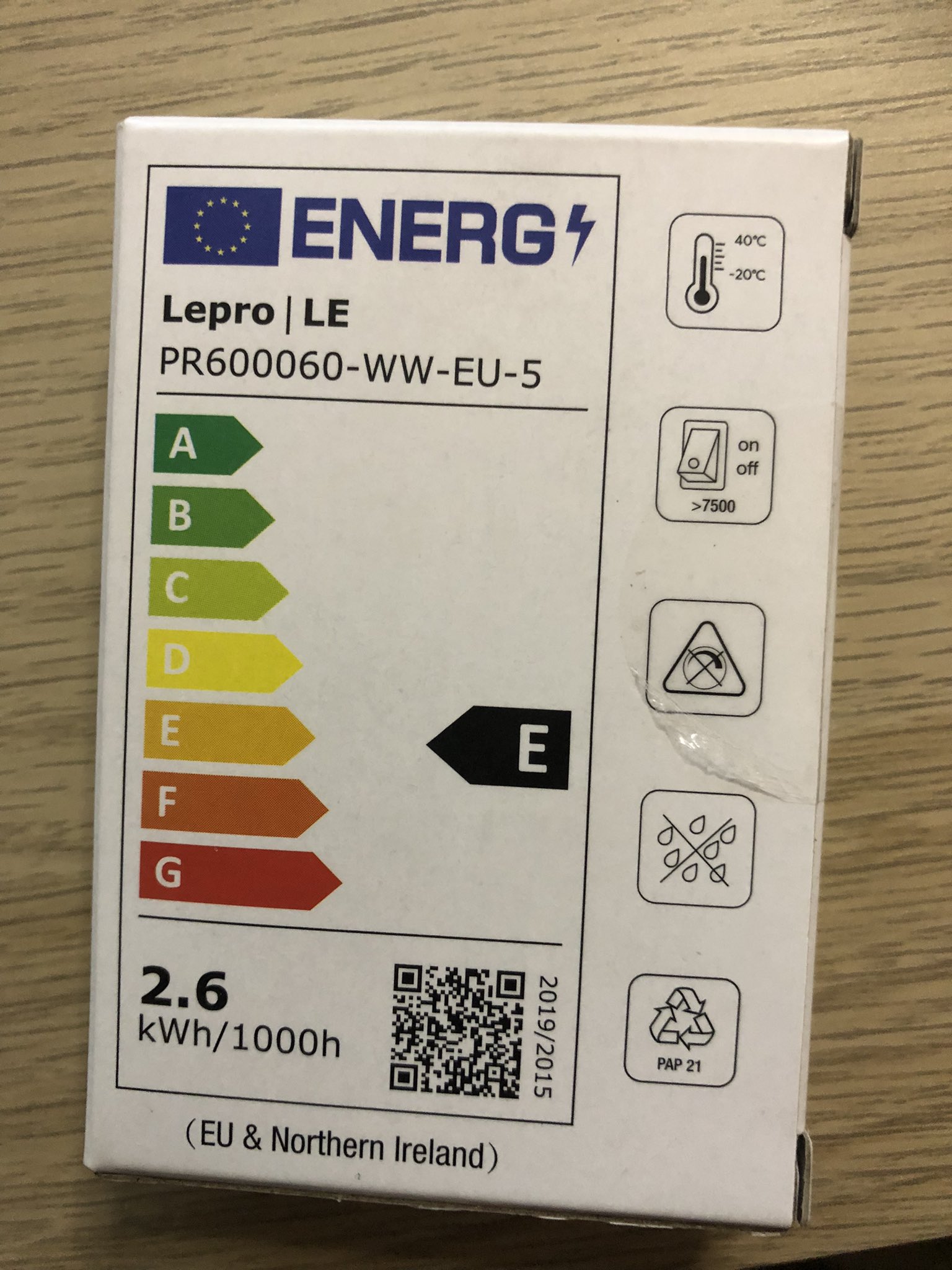We recently discussed NHS versus private for cataract surgery and you couldn't understand why I said private was better. I refrained from answering since my reply could have disrupted confidence in your treatment midstream, but now that's complete I can answer.
I chose private since that offers a two eye treatment system the NHS doesn't for economy reasons. The benefit is that I don't ever need reading glasses and can even read most small print of the "terms and conditions" kind while still having first class long sight.
What the NHS offer is no different from half a century ago. Since cataracts usually develop more in one eye than the other they aim to only do that eye since that suits many for life, keeping costs down. For that one gets a standard compromise lens insert with good distant vision but which needs reading glasses if that eye is to be used for closer sight. The downside of this standard treatment is that if both eyes are to be done in sequence, one gets the same in each, meaning reading glasses.
What I received by going privately was a system called Monovision. That exploits the fact that few persons eyes are exactly equal so having them unequal is something we handle with ease. My better longsight eye, the left one which also happened to have the worst cataract, had the first operation, using a lens that was very much biased to top class long distance vision.
Just over a month later the right eye had its operation, this time using a lens that permitted me to easily read the statutory number plate at 20 metres but not much further. This though allows me to easily read without glasses. So basically I'm using one eye at a time for either very distant or very close work, but both eyes together for the bulk of visual needs which are intermediate distances . The outcome is 6/5 vision (metric), better than 20/20 (imperial).
Of course Monovision needs exceptional care in scanning both eyes by someone with the right skills to get the extreme accuracy necessary for the inserted lens in each to ensure the right balance of outcome. The system leaves little tolerance for error. For me that meant a special day appointment, the scans taking a very long time on two equipments with each double checked and multiple precise measurements recorded for the surgeon. So one can understand the reluctance of a cost concious NHS to adopt this alternative which would mean more expenditure or reliance on the better of the private facilities.
Monovision shouldn't be confused with another cataract treatment available, using flexible lenses that can focus like our normal lenses. Very few surgeons will touch these since they have a record of unreliability.
.
I had mono vision offered. (by Spire and NHS) I didn't want it. I wanted best distance vision possible. Don't mind reading glasses. My right eye is 6/4. (ie can read at 6 metres what average eye can at 4,it was 100/20.Could read at 20 what average can at 100)
Yesterday my left eye was 100/20. (ie could read at 20 what average can at 100)
Today,not 24 hours after lying under Karl Zeis laser the size of a small house, with no clouding, haloes or soreness it's better than 20/20. (I think it's better than right but assessment in 2 weeks)
Proof of pudding...
And BTW mono vision isn't new. They were doing it 25 years ago with contact lenses. I tried it, didn't like it. That's why I refused it. My NHS consultant actually advised me to have it yesterday. (she showed me lense choice of near or far. I,m right eye dominant so that automatically gets far. Told her far for left too.
I don't think NHS had Karl Zeis laser eye robotic arms 50 years ago or laser topographic scanners.
The two things not offered to me on NHS have been multi focal lenses, which as you s as you say are as yet problematic and Toric lenses. (effectively lenses cut from a cylinder rather than sphere, used to cure astigmatism. I, m borderline in needing them . NHS reduced it by other means. (LK I believe)
So from my point of view the £7500 I, ve saved will be well spent on other stuff.
I am making a donation to NHS eye clinic./day surgery. They were absolutely superb. I couldn't have wished for better results. Really Flecc, can't see how my eyes could be any better. To be honest, way way better than I expected. Just a pain staying out of sea for next 4 weeks.
And by coincidence. Brother in law has just had his Cataracts sorted. He has lost his glasses too. Like me worn them from child hood. I suspect NHS has undergone a policy change in lenses fitted.??
I was told by all private clinics I visited I would not lose glasses for any distance with NHS. A complete lie.
Private are always showing you statistics about the percentage of folk who lose glasses with them and comparing it to NHS. It's wrong. Yesterday at my visit 3 of patients were bordering on blind. One had Cataracts so badly developed they could not be removed at one visit. Those patients will never show up in private.



